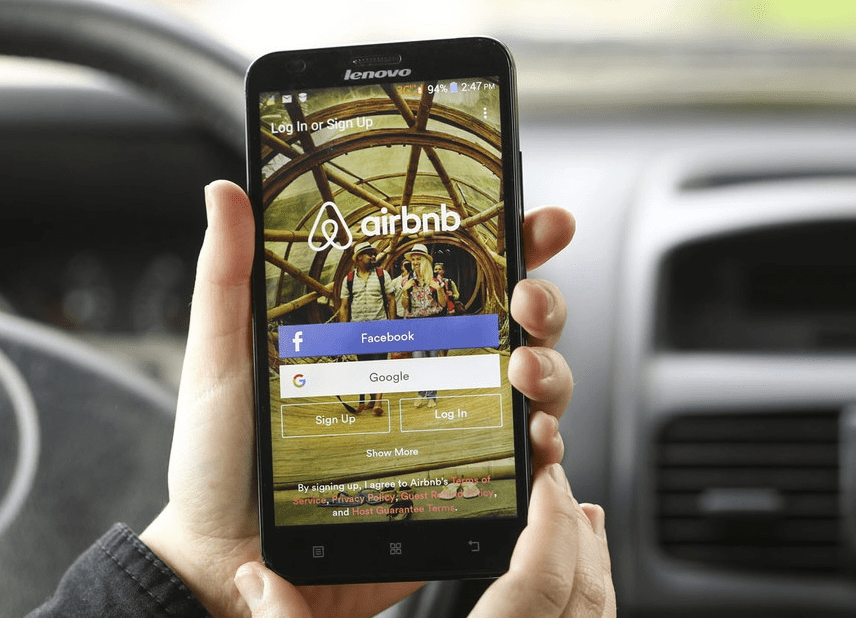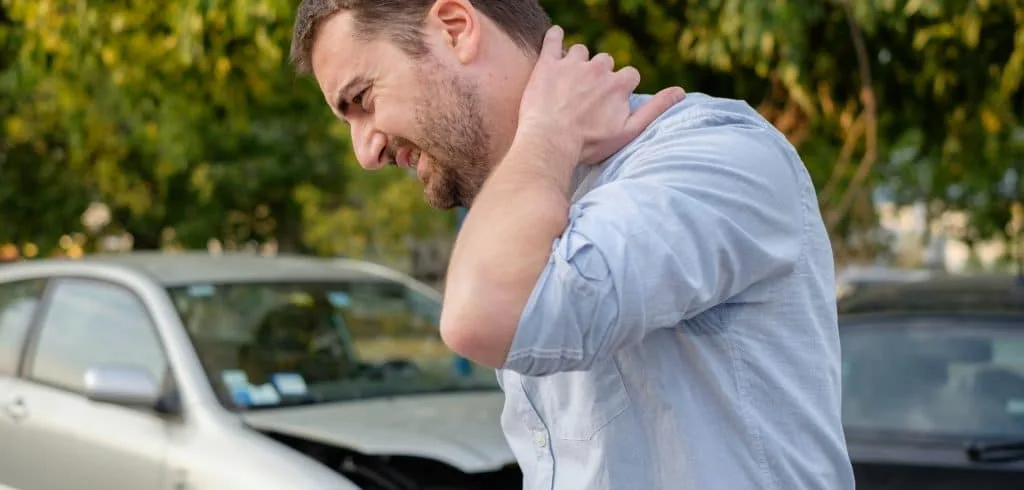What Happens if I’m Injured at an Airbnb or VRBO property?
More and more people are taking advantage of the simple and profitable way Airbnb has pioneered of offering up your own home or secondary residency for vacationers to short term rent. Most times, Airbnb is an affordable and quality alternative to traditional vacation lodging, however, it may come with some unforeseen differences. The Airbnb company is valued at over $38 billion and operates in more than 81,000 cities in 191 countries. Texas has many beautiful and affordable vacation homes on Airbnb which get used all throughout the year. With this many renters and homeowners, there is the inevitable issue of who should take care of the vacationers when unfortunate injuries occur, the homeowner or the renting company?
Airbnb Liability Policy
In the traditional hotel situation, most cases of injury that occur closely related to the hotel would be covered under the hotel’s liability insurance. Until recently, the Airbnb company had hosts and renters waive their right to sue the company for injuries. However, the company changed their stance and now provides up to $1 million in liability protection. This policy applies automatically to anyone who posts their house on the App. After this amount the owner of the property will generally be responsible for any further compensation.
The injuries covered by this policy, however, only extend to specific injuries closely related to the property. These injuries must be accidental such as slipping or tripping on a rug, broken bones from an apartment complex gym, or if another Airbnb guest drops a suitcase on your foot. If the injuries were sustained due to intentional harm or accidents like a car crash which is unrelated to the property, then it can be harder to get the company or property owner to cover the injury.
Additionally, the company provides a host guarantee which covers $1 million of property damage; however, this policy has notorious red tape issues and exemptions. The company also has an optional security deposit feature that allows the host to require a deposit from the visitors in case there is any damage.
Exemptions from Airbnb Policy
If injuries were sustained due to intentional harm (such as assault, battery, or sexual abuse) or accidents such as a car crash which is unrelated to the property, it’s generally harder to get the company or property owner to cover the injury. The company’s policies have some direct exemptions for; losing earnings, theft, bacteria, Chinese drywall, communicable diseases, natural disasters, acts of terrorism, pollution, and asbestos. Additionally, the terms of service specifically note that the contractional relationship exists solely between the vacationer and the property owner. This can attempt to limit the ability to hold the company accountable for injuries.
Texas Legal Protections
Under Texas law, anyone who pays to stay at another person’s property (no matter if it is Airbnb, VRBO, or a hotel) is deemed a business invitee. This status invokes the same responsibilities on the property owner as a hotel, and generally subjects them to the same liability. However, unlike a hotel, a single homeowner may not have the financial means or policy in place to cover the injuries that are sustained at a property. To ensure that you are protected during your stay, it is important to ask the host what kind of insurance policy is in place and review this policy very carefully.
Possible Protections for Property Owners
If you are planning to use your house for Airbnb, VRBO, or any other form of commercial renting, you should make sure that you have some additional protection. Check with your homeowner’s insurance provider and verify that your policy covers rental business activities. If it does not, and most don’t, we highly recommend looking into expanding your policy to include rental business activity or finding a new policy that does. It is not necessary to have an insurance policy that covers this, but acquiring one that does provides another level of protection for you as the property owner in the event that a serious accident occurs.
The best practices for using Airbnb as a property owner while protecting yourself include:
(1) utilize the security deposit feature,
(2) verify you have injury liability protection,
(3) verify you have Airbnb host protection, and
(4) verify your homeowner’s insurance covers rental business activity.
Following these steps can help ensure that you are able to make a profit renting your home, yet still protect yourself should something happen to a guest.
Vacationers’ Protections
When planning to stay at an Airbnb, VRBO, or any other rental property, it is a good idea to verify with the owner that they have insurance covering renters. Also, at the beginning of your stay, perform a “walk-through” of the home, to ensure that it’s in good condition and free from any defects or issues which could create a potential danger to you or someone else. If you see this, notify the owner, in writing, immediately, and request that the issue is remedied.
If you are injured at an Airbnb, follow these basic steps.
- Seek Medical Attention. Whenever you are involved in any incident always seek professional medical help first and make sure everyone is as safe as possible.
- Collect Evidence. Saving and organizing all relevant information from the incident is important to file a claim. Take photos of the scene, the hazard at the property, and your injury from different angles. Save contact information of witnesses. Save any and every record of any kind, and remember, TAKE PICTURES!
- File a Claim. Contact your attorney to begin the process of filing a claim. Generally, we recommend beginning with the parent company, but different facts and circumstances may warrant different action. It is important that you speak with your attorney if you are at all unsure on how to proceed. In addition, when pursuing a claim, we strongly recommend the assistance of an attorney, as it is our experience that most insurance companies will not put much effort into negotiating a claim with someone who is unrepresented.
When you stay in an unknown place, you are opening yourself up to unforeseen dangers and injuries. Making sure that you have a way to receive compensation in the event you get hurt allows you to focus on the vacation and rest assured that there are protections in place should something happen.
Airbnb, VRBO, and other rental companies have allowed a new group of entrepreneurs to utilize their properties for profit. Most of the time there are no issues with these rentals and both customers and owners have positive experiences. However, in some instances the opposite is true, and it is it is important to protect yourself and any potential claim as much as possible.
With offices in Denton, Dallas, and Fort Worth, Texas, Chandler | Ross, PLLC and our Personal Injury Attorneys are well positioned to provide the most effective and highly-skilled representation possible. If you or a loved one has been injured in an accident, don’t wait, and don’t compromise – contact us today for a Free Case Evaluation and see how we may be able help you. (940) 800-2500 or Support@ChandlerRossLaw.com
In most cases, you pay nothing unless you recover. Contact us now.
DISCLAIMER:
While Chandler | Ross makes every effort to ensure information disseminated throughout this website is correct and up to date, we cannot and do not guarantee that information within this site is accurate, up-to-date, and/or applicable to any specific situation.
Nothing herein is intended to create, and nor does it create an attorney-client relationship of any kind. The information contained within this site is for general use and educational purposes only, and should not be relied upon as legal advice of any kind. No action should be taken in reliance of this information without first contacting an attorney who is licensed to practice in your jurisdiction.



